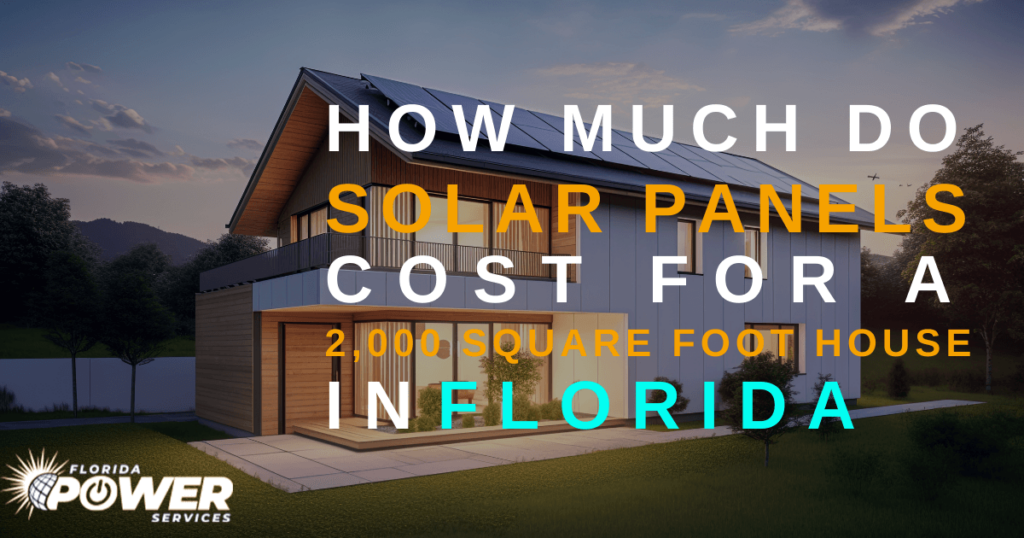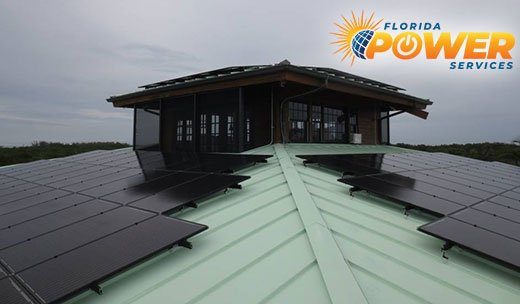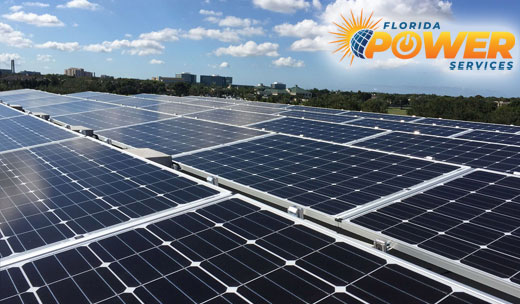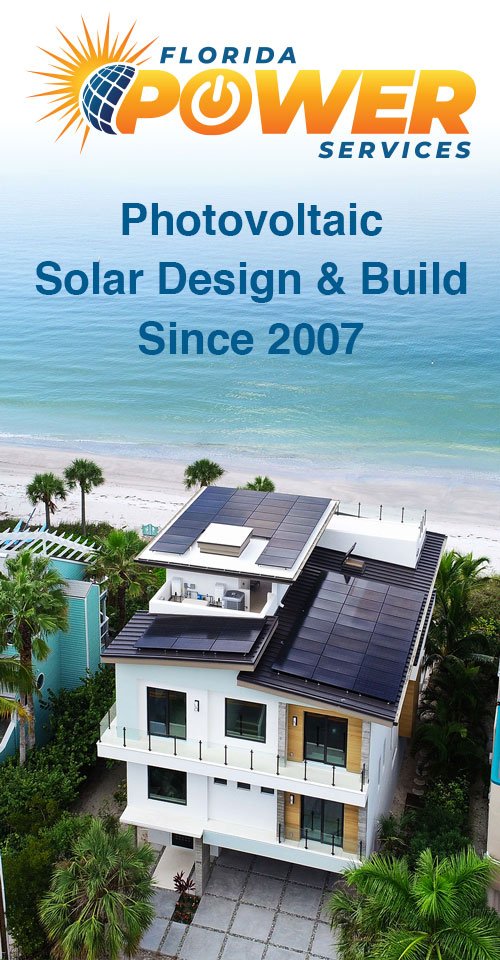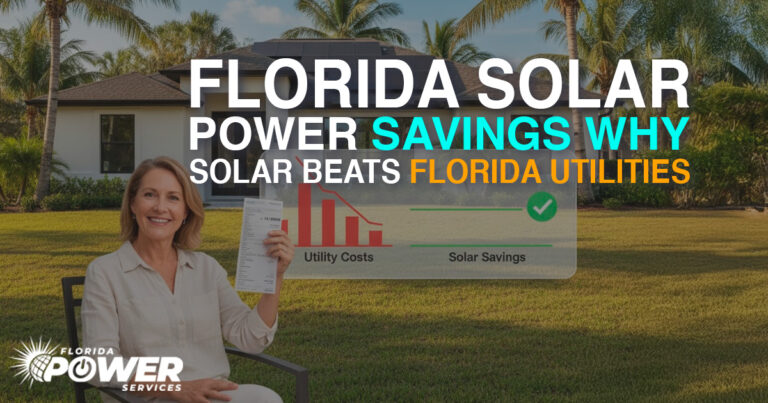Investing in solar panels is a smart decision for homeowners looking to reduce their energy bills and their carbon footprint. If you own a 2,000 square foot house in Florida, you might be wondering about the cost of installing solar panels. This article will guide you through the factors that influence the cost and provide you with an estimate tailored to your specific needs.
Understanding the Basics
Before diving into the costs, it’s essential to understand what affects the price of a solar panel installation. Several factors come into play, including:
- System Size: The larger the system, the higher the cost. However, larger systems often benefit from economies of scale, reducing the cost per watt.
- Panel Type: Different types of solar panels (monocrystalline, polycrystalline, thin-film) have varying efficiency rates and costs.
- Installation Costs: Labor costs can vary based on the complexity of the installation and the contractor you choose.
- Location: Solar incentives and rebates vary by state. Florida offers several incentives that can significantly reduce the overall cost.
Average Cost of Solar Panels in Florida
As of 2024, the average cost of solar panels in Florida is about $2.50 to $3.00 per watt. For a typical 2,000 square foot house, you would need a system size of around 6 kW to 8 kW. Here’s a breakdown of the estimated costs:
– 6 kW System: $15,000 – $18,000
– 8 kW System: $20,000 – $24,000
These figures are before any federal or state incentives. The Federal Solar Tax Credit (ITC) allows you to deduct 30% of the installation cost from your federal taxes, significantly lowering your upfront investment.
Factors Specific to Florida
Florida, known as the Sunshine State, is an excellent place for solar energy. The state offers several incentives that can help reduce the cost of solar panels:
- Net Metering: This allows homeowners to sell excess energy back to the grid, providing credits that can lower monthly electric bills.
- Property Tax Exemption: Solar installations in Florida are exempt from property tax increases, meaning adding solar panels won’t increase your property tax bill.
- Sales Tax Exemption: Solar panels are exempt from the state’s sales tax, reducing the overall cost by 6%.
Calculating Your Specific Costs
To get a more precise estimate tailored to your home, consider using online solar calculators. These tools consider your location, energy usage, and roof characteristics to provide a customized quote.
Long-term Savings
Investing in solar panels not only reduces your monthly energy bills but also increases your property’s value. Studies have shown that homes with solar panels sell faster and at higher prices than those without.
Conclusion
The cost of installing solar panels on a 2,000 square foot house in Florida can vary, but with the available incentives and the long-term savings, it is a worthwhile investment. By taking advantage of state and federal programs, you can significantly reduce the upfront costs and enjoy the benefits of clean, renewable energy for years to come.
For more detailed information on solar panel costs and incentives, you can visit the following resources:
Investing in solar energy is a step toward a sustainable future and financial savings. Make the switch today and start reaping the benefits!

